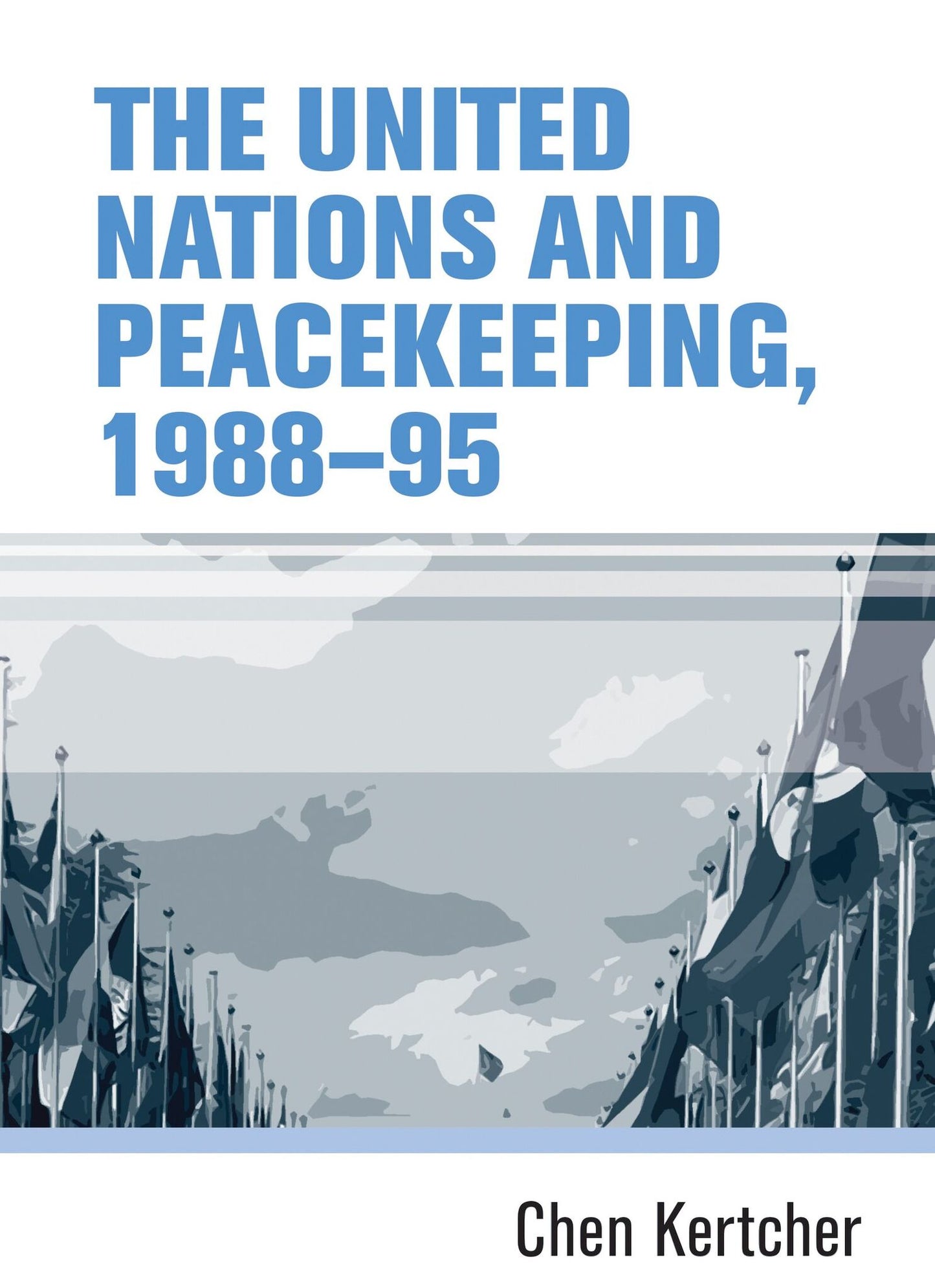We're sorry. An error has occurred
Please cancel or retry.
The United Nations and peacekeeping, 1988–95

Some error occured while loading the Quick View. Please close the Quick View and try reloading the page.
Couldn't load pickup availability
- Format:
-
05 March 2019

The United Nations and peacekeeping, 1988-95 presents innovative explanations on how after the Cold War UN peacekeeping operations became the dominant response to conflicts around the globe.
This study offers a vivid description of these changes through the analysis of the evolution in the concept and practice of United Nations peacekeeping operations from 1988 to 1995. The research is anchored primarily in United Nations documents, which were produced following the diplomatic discussions that took place in the General Assembly, the Security Council and the UN Secretariat on the subject of peacekeeping in general and in the cases of Cambodia, Former Yugoslavia and Somalia in particular. These large and complex operations were the testing ground for the new roles of peacekeeping in democratisation, humanitarian aid, resettlement of refugees, demobilisation of armed forces, economic development and advancement of good government.

POLITICAL SCIENCE / International Relations / General, International relations, POLITICAL SCIENCE / Intergovernmental Organizations, POLITICAL SCIENCE / Peace, International institutions

Introduction
1. A history of UN peacekeeping
2. New thinking: UN peacekeeping and the end of the Cold War 1988-91
3. Agenda for peacekeeping 1992-93
4. The failure of peacekeeping as a panacea to civil wars 1993-95
Conclusion



